911 Call Center integral part of emergency response
NORWICH – The Public Safety Answering Point, more often known as the 911 Call Center, is a part of the Chenango County Sheriff's Office and is a necessary, but often unrecognized part of emergency response.
“Emergencies always start and end at a local level. Every emergency starts and ends with the dispatch center,” said A. Wesley Jones, Chief Dispatcher for the CCSO. “Nobody does this for the thank you’s. We're heard and not seen.”
The public safety dispatchers are required to take all emergency calls to determine the issue and the location of the incident. They also have to dispatch the appropriate response team. This involves a great deal of multi-tasking, even more so than bigger 911 centers because CCSO dispatchers are required to do both, while bigger call centers assign the tasks of answering and dispatching to separate people.
Currently, the 911 Call Center has 10 full-time staff members and four part-time staff members. There is always at least two dispatchers on call during each shift, with more if it is a busy night or if a large emergency occurs. The 911 Call Center deals with approximately 40,000-45,000 events a year, and receives between 100,000-115,000 phone calls a year.
In order to be a dispatcher one must first pass a civil service exam, and if hired, one is required to go through extensive training and certification. The Emergency Medical Dispatch class is important because it trains dispatchers to give pre-arrival instructions to the person on the phone before the ambulance arrives.

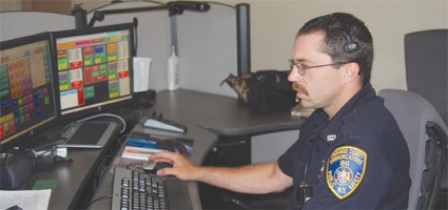
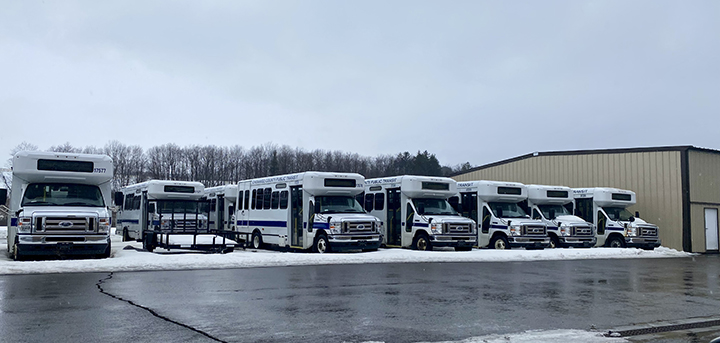
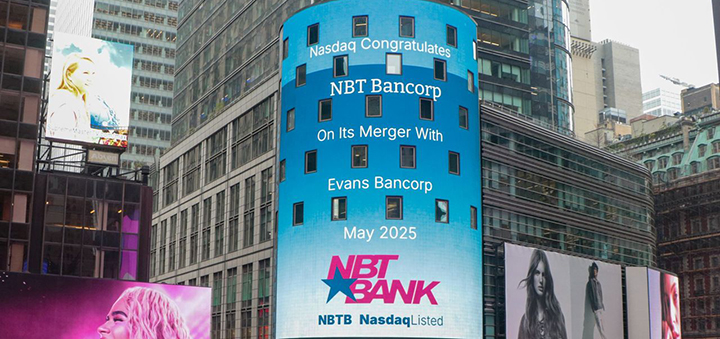
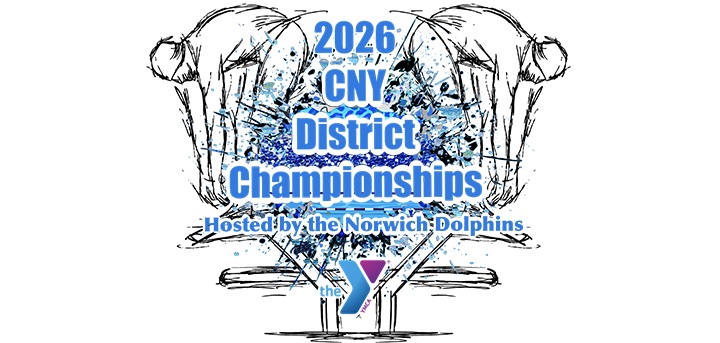
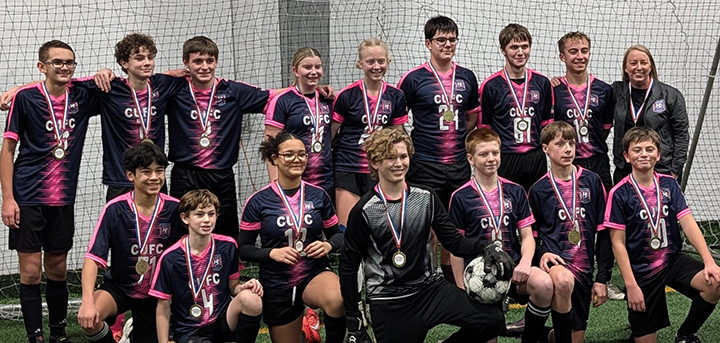
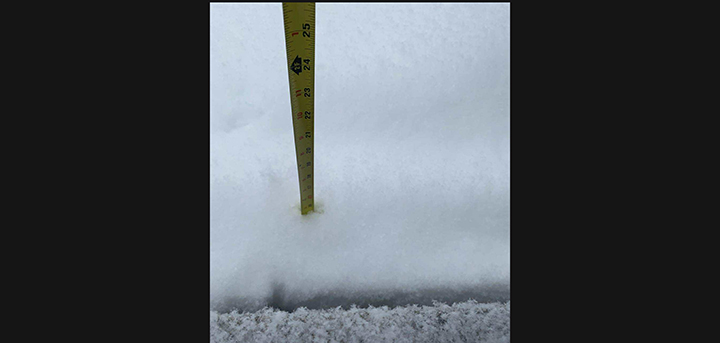
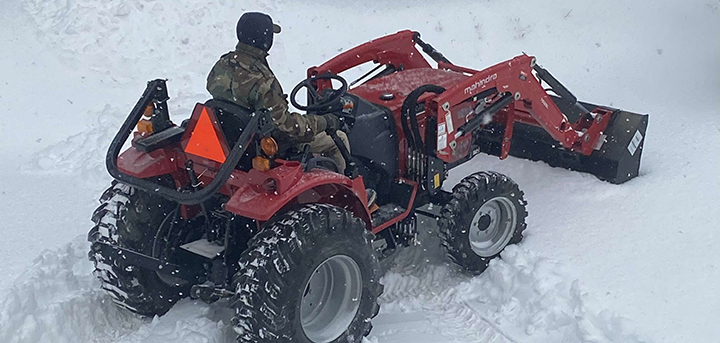
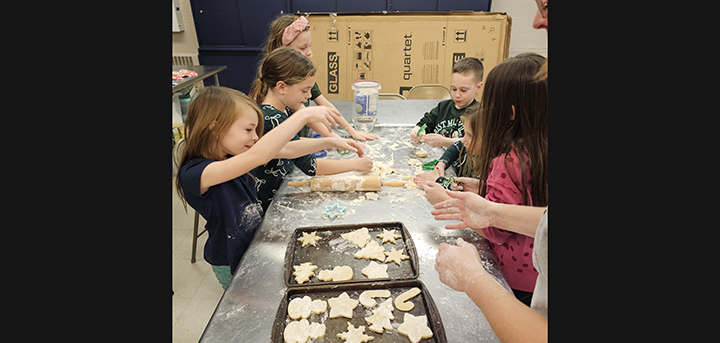

Comments